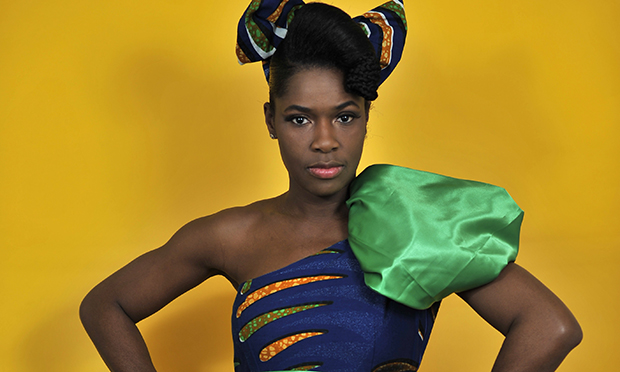
How did the band get together?
We were experimenting with some ideas and found the sound of the Ibibio dialect was very well suited to musical interpretation. We wanted to find a sound that not only looked back to the past of African music and Western styles like funk and disco. We wanted something that captured a bit of ‘now’ too. That’s where the electronic element of the music came in.
To what extent is the group’s album, Ibibio Sound Machine, one that actually reflects London?
I think it’s an album that could only have happened with the diverse combination of influences you find in London – the sound of so many different cultures coming together. Just in our band we have Nigerian, Ghanaian, Brazilian, French, English and Australian backgrounds. London has a unique set of cultural influences these days and it’s that interaction between them that interests me the most about being a musician here.
Can you tell us a bit about the folk stories that make up the lyrics?
They are generally about morals and cultural lessons – things told by elders to young ones to teach certain life lessons. They generally involve animals and mystical happenings but all have a serious message. I think the prodigal son is a special one because my Granny told it to me before I realised it was a Bible story about a parent’s undying love for a runaway child.
What is your relationship to these stories and why was it important for you to sing them in Ibibio?
They mean a lot to me as they were part of my childhood growing up with my grandparents in Lagos and elsewhere. I had never really thought to sing in Ibibio but once I started it seemed like it was something I could offer that was uniquely me.
What can an audience expect from an Ibibio Sound Machine live show?
Energy and musicality. The band is sounding great right now – we never do things exactly the same way twice and always try to keep the life in live music!
Walthamstow Garden Party is at Lloyd Park, E17 5JW from 26-27 July.
